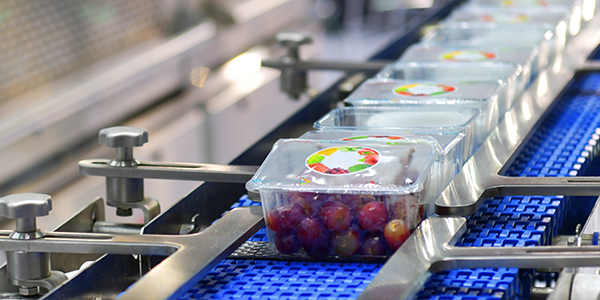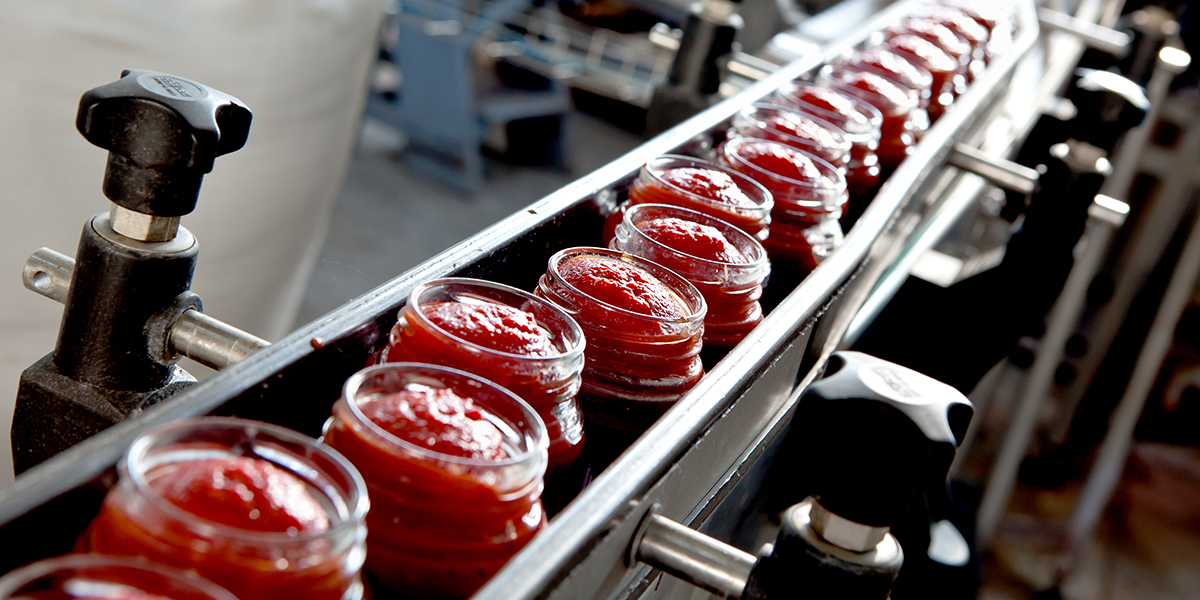Introduction
Private tag specialized foods have actually acquired enormous appeal in recent years. With customers seeking unique and customized food options, private label food products have actually come to be a go-to option for numerous. In this write-up, we will certainly look into the detailed procedure of private label food production, exploring the actions involved and the key players in the industry.
The Increase of Private Label Food Manufacturers in Australia
Australia has observed a significant rise secretive label food suppliers. With consumers ending up being much more conscious concerning their dietary choices and demanding high-grade products, private label food production has become a profitable organization chance. These suppliers cater to various segments, consisting of exclusive tag cheese, snack food suppliers, and more.

Understanding Private Label Food Manufacturing
Private tag food manufacturing involves producing and producing food for retailers or companies who after that market these items under their very own brand name. This procedure permits merchants to provide unique offerings to their customers without investing greatly in r & d or production infrastructure.
Key Steps Involved in Private Label Food Manufacturing
Step 1: Item Development and Customization
Private tag food suppliers work very closely with stores to recognize their demands and establish personalized products. This step entails conceptualizing sessions, marketing research, and dish formulation. Private label specialty foods are created to accommodate details consumer choices and dietary needs.
Step 2: Sourcing Ingredients
Once the product requirements are wrapped up, private label food suppliers source top notch ingredients from trusted providers. They guarantee that all ingredients meet rigid top quality requirements and abide by policies set by relevant authorities.
Step 3: Production and Packaging
After obtaining the components, private label food manufacturing begins. The production centers make use of state-of-the-art tools and comply with rigorous hygiene protocols to generate secure and delicious food products. Product packaging is likewise an essential part of this action, making certain that the item remains fresh while appealing to consumers.
Step 4: Quality Assurance and Testing
Private label food producers carry out strenuous quality control checks at every stage of the manufacturing procedure. This includes checking the active ingredients, monitoring assembly line, and carrying out sensory evaluations. These steps guarantee that the end product meets the finest standards.
Step 5: Classifying and Compliance
Once the products are produced and high quality tested, private label food suppliers deal with labeling and conformity. They make sure that all info on the item tags is exact and abide by regulatory standards. This action is important to give customers with transparent info concerning the product's components and dietary values.
Advantages of Private Label Food Manufacturing
Private tag food manufacturing offers several advantages for both sellers and customers. Allow's check out several of these benefits:
Customization: Retailers have the freedom to develop unique products tailored to their target market, enabling them to distinguish themselves from competitors.
Cost-effectiveness: Private label food makers use cost-efficient services by getting rid of the need for retailers to invest in research, development, and manufacturing infrastructure.
Control over branding: Sellers can develop their brand name photo by advertising and marketing personal label foods under their very own name. This allows them to establish trust and commitment amongst consumers.
Flexibility: Private label food manufacturing gives retailers with adaptability in terms of item offerings. They can conveniently adjust to transforming consumer trends and preferences.
Higher earnings margins: With reduced production expenses, stores can appreciate greater profit margins on private label food compared to branded alternatives.
Quality assurance: Private label food suppliers prioritize quality control steps, ensuring that merchants obtain consistent and high-grade products for their customers.
FAQs about Private Label Food Manufacturing
Q1: What is the function of private label food manufacturers?
A1: Private label food producers play an essential role in creating customized food for merchants or services that market them under their own brand name.
Q2: Just how does private label food manufacturing benefit retailers?
A2: Private label food production enables sellers to offer distinct items, develop their brand name image, and appreciate higher earnings margins contrasted to branded alternatives.
Q3: Can private label food makers accommodate details dietary preferences?
A3: Yes, private label food producers can create products tailored to specific dietary needs and preferences, including gluten-free, vegan, or organic options.

Q4: Are there any type of policies controling private label food manufacturing?
A4: Yes, private label food makers have to follow laws established by pertinent authorities pertaining to active ingredient sourcing, labeling, and top quality control.
Q5: Can private label food makers take care of large-scale production?
A5: Yes, private label food suppliers have the capabilities to take care of both small and large-scale production based upon the retailer's requirements.
Q6: Just how can retailers ensure the quality of private label food products?
A6: Sellers must team up with trusted private label food makers that prioritize rigorous quality control actions and have a performance history of delivering remarkable products.
Conclusion
Private tag food production provides a globe of opportunities for sellers looking to give special and tailored offerings to their customers. With a structured procedure including item development, active ingredient sourcing, production, packaging, and quality control, exclusive tag specialty private label food production foods have gotten immense appeal. By partnering with trustworthy private label food makers in Australia or any other area, retailers can establish their brand identity while appreciating cost-effectiveness and adaptability in their item offerings. So why wait? Dive into the interesting globe of exclusive label foods today!